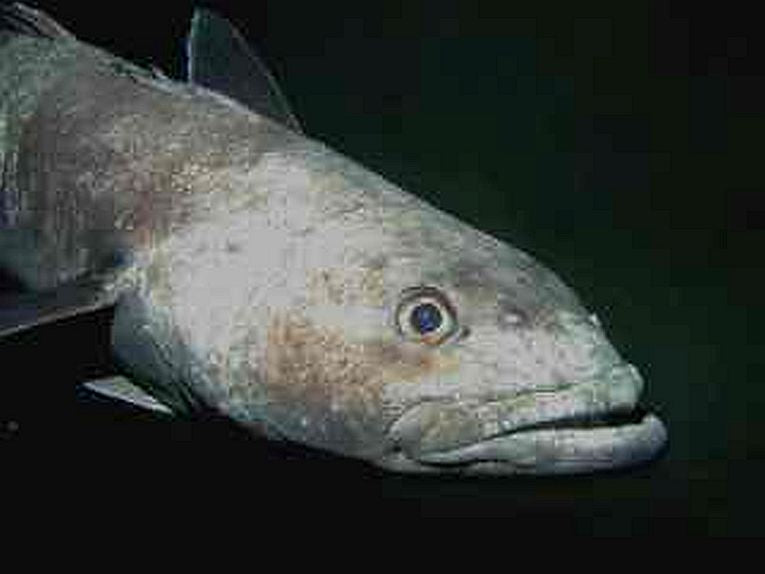Chilean sea bassis actually 2 species of toothfish - one of the cod icefish - from the sub-Antarctic islands and the Antarctic itself, that are caught in huge numbers, mainly by Russian trawlers for the Chinese and US markets, via Singapore and Malaysia. Sorry about the image quality, but these fish are mainly eaten, not photographed.Toothfish image; Credit: © Pcziko in WIKI (CC)
While the sub-Antarctic Islands have a large 435,000 hectare marine reserve, a new agreement last Friday signals the creation of the world's largest marine park in the Ross Sea of Antarctica. At 1.5million km2 in size, there will be no fishing allowed in almost the whole area. In 35 years, the agreement between the EU and 24 individual nations will expire, but it would then hopefully be enlarged to cover most of the Southern Ocean.
And the reason for such magnificent cooperation between (most) nations? The Commission for the Conservation of Antarctic Marine Living Resources has been CCAMLR, meeting, and actually agreeing in Hobart, Tasmania. As these far--south waters are international, they make a good start for the IUCN recommendation that 30% of all oceans must be protected. Unlike the Arctic, the Antarctic or Southern Ocean surrounds its continent, with highly productive nutrient flows sustaining all the other oceans from its deep southerly situation. Assessments show that 75% of our marine nutrient supply springs from these northerly flows.
In the middle of all this, the Ross Sea is almost pristine, maintaining a unique ancient ecosystem that can now be studied further to investigate how this productivity works, and how warming temperatures (elsewhere) may affect it. Unfortunately, the total fish catch will not be decreased, although many habitats will obviously be protected, if the area can be effectively policed.
The MSC allows fisheries within the Ross Sea at the moment and who knows how regulated they are, given the extensive pirating? As we have noted previously piratical
searching-out of the 2 major toothfish species, Dissostichus mawsoni and D. eleginoides (often deceivingly-called Chilean sea bass!) is creating markets in China and the US for these tasty but overfished species, especially the immature animals. The trouble is that it has taken 5 solid years to persuade out this agreement on the Ross Sea, still full of compromise and likely non-compliance. As the CCAMLR Executive Secretary, Andrew Wright, states, these wereincredibly complex negotiations.
The one saving grace for those who still resist these conservationist measures is that in 35 years' time, the world will have moved on, while the Ross Sea will perhaps have been preserved in its entirety. Krill, pteropods (tiny pelagic molluscs), many whale species and all those unique fish will still be plentiful, or if not, we will have evidence from ocean acidification and global warming at will point the finger at reasons for their demise. The whole oceanic set of ecosystems globally will be able to benefit from that important flow of nutrients and the planktonic and other organisms that utilise them.










